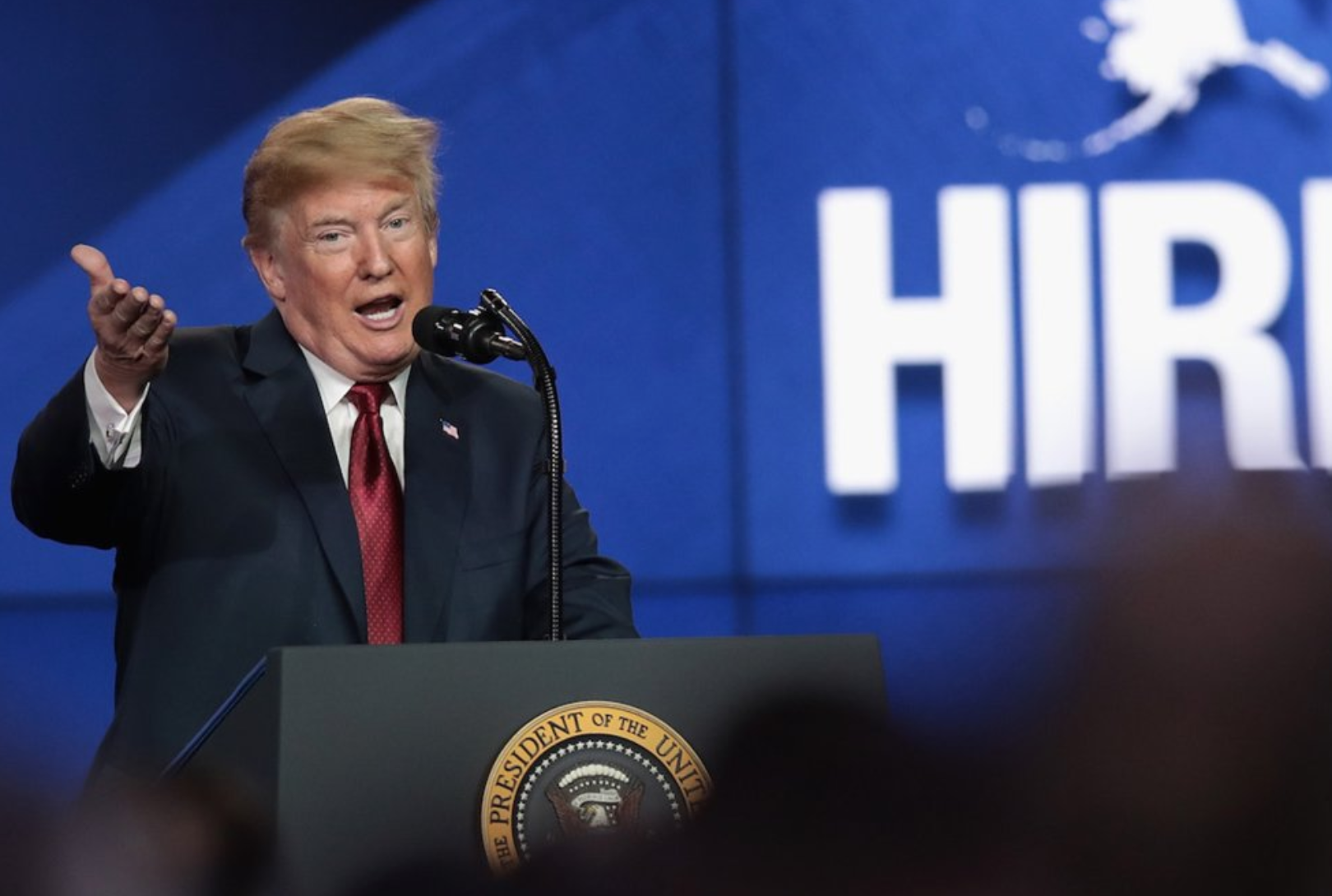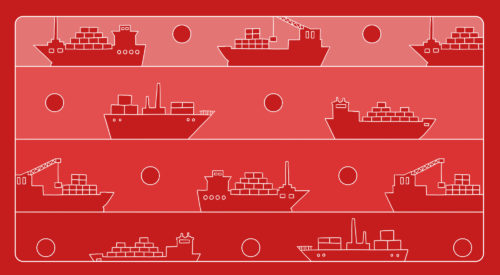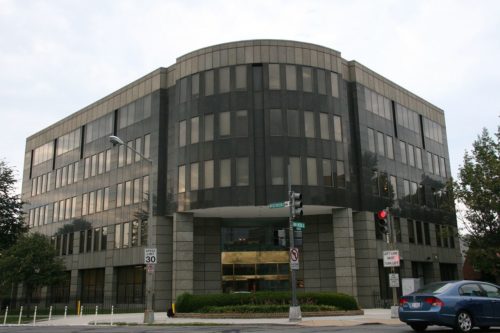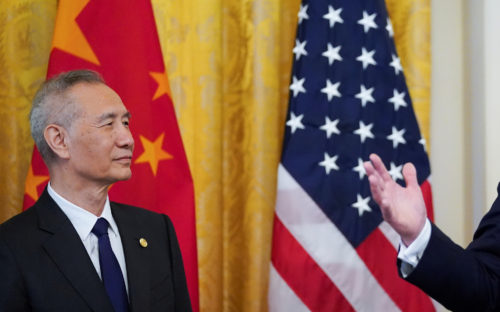Trade war, day 35: Beijing tries to limit backlash from Washington


A day after the latest move from the U.S. to raise the stakes in its trade war with China — a second tranche of tariffs on $16 billion in imports added on top of the $34 billion already in place — news continues to come out on China’s changing strategy.
Chinese state media became less restrained in its criticism of the U.S. and President Trump this week, as we noted in our Monday Access newsletter (paywall). On Tuesday, the People’s Daily published an op-ed that threatened Apple with “anger and nationalist sentiment” — basically, a boycott — if the trade hostilities continued.
But, interestingly, signals from Beijing policymakers are pointing in the opposite direction: less nationalistic, more conciliatory, and more open to foreign companies.
- Wang Huning, the ideology chief and strategist for President Xi Jinping, is “in trouble for mishandling the propaganda and hyping up China too much,” according to sources close to Chinese leadership that are cited in Reuters.
- “China’s current stance has been too hard-line and the leadership has clearly misjudged the situation,” an anonymous academic at a Chinese policy think tank told Reuters, indicating that the strategy in Beijing was now shifting to limit backlash from Washington.
- A “triumphalist” academic, Hu Angang of Tsinghua University, came under intense criticism last week by alumni of the university and social media users. The Chinese policy think tank source confirmed to Reuters that some in official circles shared the critical view of Hu’s boosterism of China’s rise.
- A plan to create a Chinese competitor to Silicon Valley in the Greater Bay Area of southern China has been delayed, a source told the South China Morning Post yesterday. The source said that Beijing was taking a lesson from the backlash to Made in China 2025, the manufacturing upgrading plan that China toned down propaganda about back in June.
- China is even considering making concessions on Made in China 2025, as we noted yesterday, but so far, they appear somewhat small.
- Courting foreign investment, to counter the image of China as a closed-off market, has been a key part of China’s strategy during the trade war. In July, China signed $23.5 billion in deals with Germany, including an agreement for a BASF chemical plant worth as much as $10 billion, and for the first majority-foreign-owned auto plant in China by BMW.
More trade war reporting:
- Liu He on Chinese tech leading group
New guiding body for China tech boosts sector’s stocks / FT (paywall)
“The State Council, China’s cabinet, announced the formation of a Leading Small Group on technology in a statement published to its website on Wednesday and dated to July 28.”
China’s lead trade negotiator Liu He joins technology panel as Beijing refocuses its ambitions / SCMP
“China’s top trade negotiator Liu He has been given another potentially influential position, on the country’s technology development committee, showing the leadership’s growing trust in him despite escalating tensions with the US.” - Trade war: Analysis of tariffs
Opinion: How China wins the trade war / NYT (paywall)
Economist Mary Lovely argues, “China will win because it is playing this game more skillfully. The tariffs imposed by the United States will mostly be paid by American companies and consumers…about 60 percent of China’s exports to the United States are produced at factories owned by non-Chinese companies.”
“China is retaliating with moves that soften the blow for companies in China, including those that are foreign-owned.”
Trump’s planned duties on Chinese art panned by dealers, museums / Bloomberg (paywall)
“‘If everything is slapped with a 25 percent tariff, it’s actually going to do a disservice to people here in the U.S.,’ said Daniel Chen, director of Chambers Fine Art gallery in New York. ‘Who are they trying to punish?’” - Why was oil omitted from Chinese tariffs?
US carmakers hit with Chinese tariffs as trade war changes gear / SCMP
“China has added automobiles to its revised list of US$16 billion worth of US goods targeted by its retaliatory tariffs, removing crude oil in favour of items that could do more damage to the US economy.”
China’s tariff turnaround: US crude oil drops off the target list / WSJ (paywall)
“‘China would be shooting itself in the foot if they tax [crude oil] imports,’ Shane Oliver, an analyst at AMP Capital Markets, said. ‘China’s economy is heavily dependent on oil.’”
“Another explanation that industry executives glean is that China is laying the groundwork to continue importing Iranian crude oil, even after U.S. sanctions on Iran are restored in November.” An analyst added, “Adding a tariff to U.S. crude reduces the chance of the U.S. issuing them a waiver to buy Iranian crude.” - Soybean ship saga
Soybean shipload worth more than US$20 million circles off China, victim of trade war with US / SCMP
“A shipment of soybeans worth more than US$20 million (HK$157 million) has been bobbing aimlessly in the Pacific Ocean for a month, a casualty of the escalating trade war between China and the US.”
Previously in The China Project’s trade war coverage:
Trade war, day 34: Next $16 billion in tariffs scheduled, and an impending stalemate?






